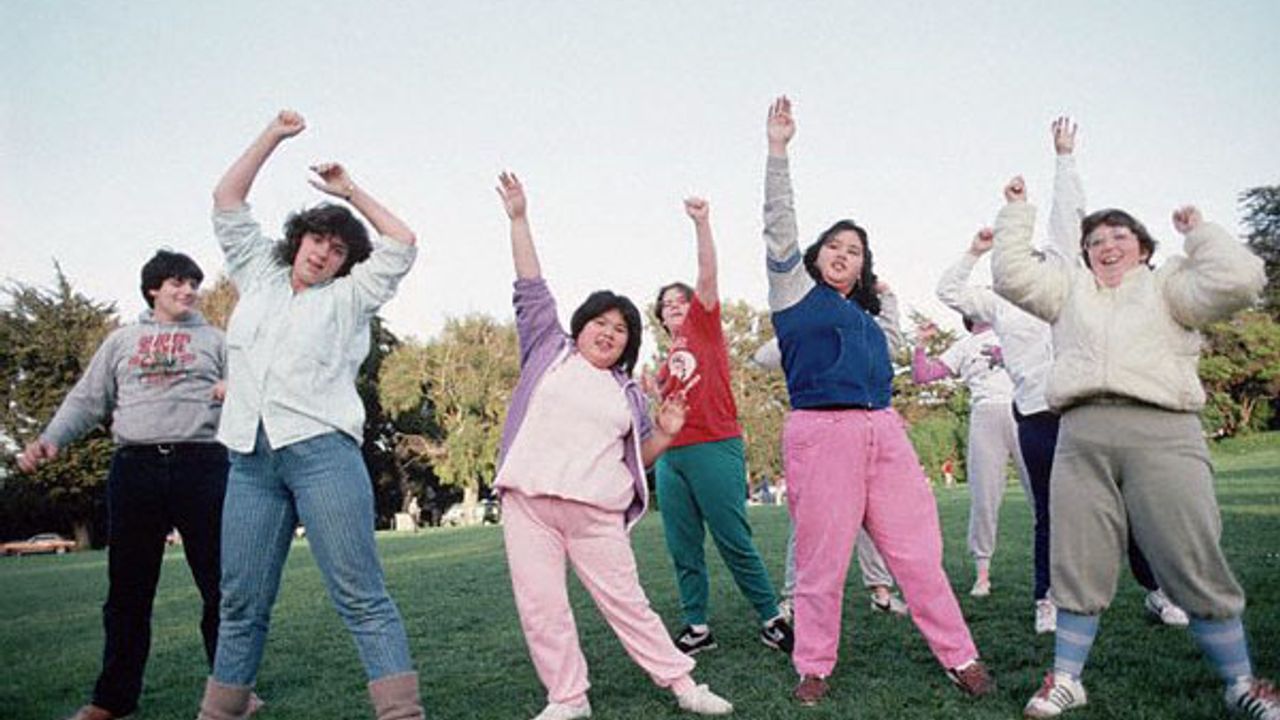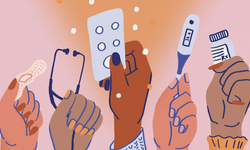LONDON (AVRUPA TIMES) This month, Britain will publish plans on tackling rising obesity rates among children.
It is a long-awaited strategy for a country where nearly a third of schoolchildren are now overweight or obese.
That statistic from a government-backed health survey renewed calls from charities, doctors and celebrities for Britain to introduce a “sugar tax” on confectionery, soft drinks and other sugary products.
Supporters say it would, in similar fashion to alcohol or tobacco, dissuade people, particularly children, from consuming sugar.
"Many people consume far too much sugar, often unaware of the ‘added sugars’ in food and drink," Louise Ansari, a director at the Diabetes UK charity, said.
"An increasing number of people are becoming overweight and this in turn is fueling a dramatic rise in Type 2 diabetes, a serious health condition that can lead to complications including amputations, blindness and stroke and costs the National Health Service [NHS] a staggering 10 billion pounds [$14 billion] a year."
The idea of a tax has become increasingly fashionable, with British hospitals announcing last week that they would introduce a 20 percent charge on sugary drinks and snacks sold in their shops.
Ansari said it should be adopted more widely.
"Now the government must take urgent action to tackle the nation’s obesity crisis by following in the footsteps of the NHS and introducing a sugary drinks tax across England," she said.
The campaign for a tax is supported by celebrity chef Jamie Oliver, who said it could raise as much as 500 million pounds [$715 million].
He told a House of Commons hearing last October the money would amount to 20,000 pounds ($28,900) for every primary school in the country.
"That’s real money, that’s proper money, that’s strategic money, that’s money could empower local people to help local kids and build gardens, teach to grow and spread and support the legislation of food education that was made last year," he said.
Both Ansari and Oliver admit a tax on sugar would not solve Britain’s obesity problem in an instant, nor do they believe it would be effective as a lone policy.
The tax should be part of a range of measures to combat unhealthy eating, campaigners say.
- Ban on unhealthy children’s food
This would include a ban on marketing unhealthy foods to children, reducing low-cost offers for sugary foods in supermarkets and a school-based education program for children and parents.
Few people argue Britain is not facing an obesity crisis - the country’s share of overweight people has topped a chart of EU countries and is one of the highest in world, according to health data released by the OECD inter-governmental think-tank.
The official measure of childhood obesity is the body mass index (BMI), a figure calculated from a person’s weight and height. A child with a BMI of less 25 than is considered to have a normal weight while a value above 30 is classed as obese.
By this scale, an average seven-year-old boy or girl weighing more than 31 kilograms (68 lbs) would be considered obese -- and 17 percent of English schoolchildren now fall into that category, according to the government health survey.
But while the government accepts the country faces a health crisis -- and commissioned an in-depth study to examine how best to tackle it -- it remains divided on whether a sugar tax would actually work.
“I don’t really want to put new taxes on anything,” Prime Minister David Cameron said in a speech in mid-January.
“But we do have to recognize that we face potentially in Britain something of an obesity crisis when we look at the effect of obesity on not just diabetes but the effect on heart disease, potentially on cancer, we look at the costs on the NHS, the life-shortening potential of these problems.”
As experts await the child obesity strategy report, other health bodies have weighed in on the sugar tax debate.
Only two other countries -- France and Mexico -- have introduced widespread taxation on beverages that contain sugar, according to a January 2016 study by the British Medical Journal.
Its study of Mexico’s levy, which was introduced in September 2013, found that “in the short term the tax on sugar-sweetened beverages is generally passed on through prices to consumers, who reduced their purchases of taxed beverages. These reductions became larger over time, while the purchases of untaxed beverages increased.”
And even companies whose products might traditionally be associated with childhood obesity have adopted a different approach.
Coca-Cola has shifted its branding since 2014, marketing the low- and sugar-free versions of its drinks. And Oliver has frequently praised fast-food chain McDonald’s for the changes it has made.
“Everyone always liked to poke at McDonald’s,” he said. “McDonald’s has been doing more than most mid- and small-sized businesses for the last ten years. Fact.
“But no one wants to talk about it. And I don't work for them. I'm just saying they've been doing it -- 100 percent organic milk, free range eggs, looking at their British and Irish beef.”









